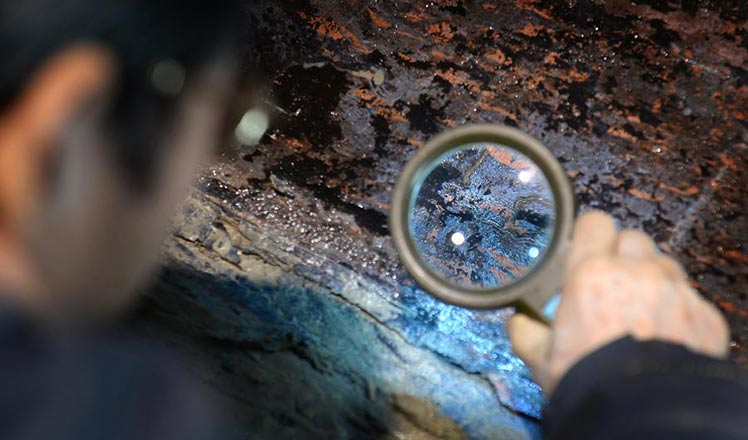Author sets the record straight
Updated: 2015-12-23 07:27
By Andrew Moody(China Daily)
|
||||||||
 |
|
Deborah Brautigam. [Photo by Mujahid Safodien/China Daily] |
Over the past three decades she has devoted herself to the study of China-Africa relations.
Somewhat fortuitously for her, during this time the subject has grown from something of an academic backwater to one of major international interest with China's economic engagement with the continent growing almost exponentially.
The US academic was therefore in her element in Johannesburg recently ahead of the Second Summit of the Forum on China-Africa Cooperation when she launched her latest book, Will Africa Feed China?, at the Crowne Plaza Hotel in the Rosebank district of the city.
Brautigam, who is director of the China Africa Research Initiative at John Hopkins University in Washington, says many still misunderstand the relationship, often seeing China as a new colonial power.
"There are still a lot of myths. I think amongst the better publications, The Economist, Financial Times and even The New York Times have got better but you still find quite a lot of fairly poor journalism," she says.
"Even academics just collect a bunch of information from the Internet and don't sift through it very well to figure out what is real and what isn't. If you can't adequately do fact checking and you don't know the difference between good and bad information it becomes very easy to write something that is full of falsehoods."
In her new book, Brautigam aims to debunk one of those falsehoods, that China's agricultural-aid projects in Africa, including various agricultural-demonstration centers, are part of a long-term master-plan to deal with China's own food deficit.
"Anyone who knows about Africa is going to find it difficult to understand how a continent that has itself to import 10 million tons of rice is going to be able to supply the whole of China," she says.
"It is a food-deficit continent that can't feed itself. The proposition looks a little dicey to me."
Brautigam says she got the idea for the book while spending a year as a visiting fellow at the International Food Policy Research Center in Washington in 2012.
"While I was there someone from the African Development Bank made the proclamation that the Chinese were the biggest land grabbers in Africa. I just knew this was not true because I had written a lot about this area," she says.
"Because such views were recycled and went unchallenged, I felt I just had to write this book."

 Whatever the shape or size of a tree, Merry Christmas!
Whatever the shape or size of a tree, Merry Christmas!
 The world in photos: Dec 14 - 20
The world in photos: Dec 14 - 20
 First American woman who works as captain for a Chinese airline
First American woman who works as captain for a Chinese airline
 Life of a family amid Beijing's red alert smog
Life of a family amid Beijing's red alert smog
 External coffin lid of 2,000-year-old Chinese tomb opened
External coffin lid of 2,000-year-old Chinese tomb opened
 First Miss Iraq named in decades
First Miss Iraq named in decades
 Iraq holds its first beauty contest in 40 years
Iraq holds its first beauty contest in 40 years
 Highlights at the Light of the Internet Expo
Highlights at the Light of the Internet Expo
Most Viewed
Editor's Picks

|

|

|

|

|

|
Today's Top News
Shooting rampage at US social services agency leaves 14 dead
Chinese bargain hunters are changing the retail game
Chinese president arrives in Turkey for G20 summit
Islamic State claims responsibility for Paris attacks
Obama, Netanyahu at White House seek to mend US-Israel ties
China, not Canada, is top US trade partner
Tu first Chinese to win Nobel Prize in Medicine
Huntsman says Sino-US relationship needs common goals
US Weekly

|

|







